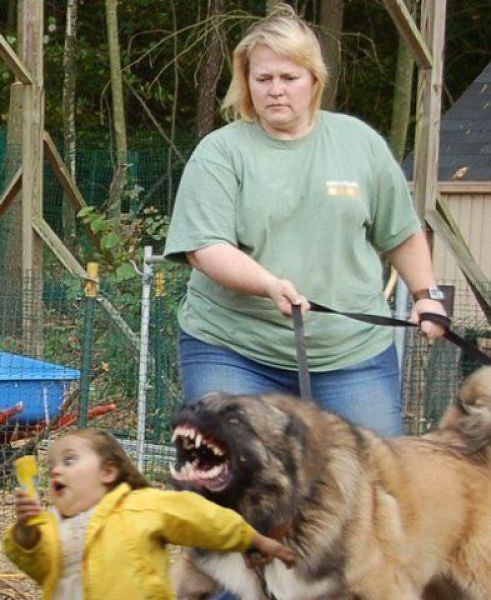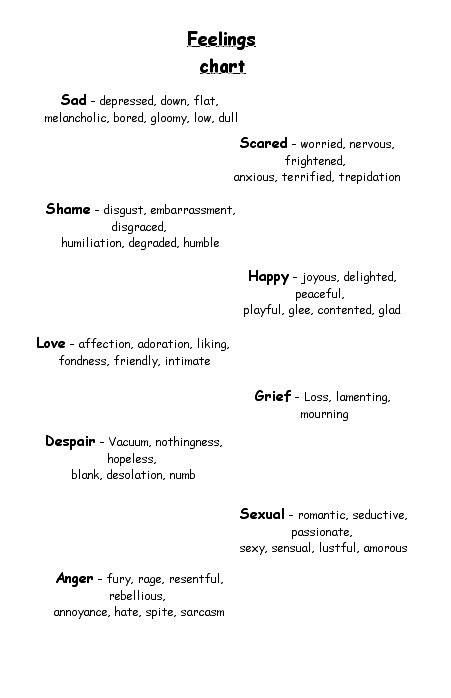As mentioned in the previous post the Adult ego state is in the here and now whereas the Parent and Child ego states are living in the past. This diagram shows how one can avoid the here and now (H&N).

One way to strengthen the Adult ego state is to practice being in the H&N. The more one gets used to it and the more one does it the more habitual it will become and thus easier to access.
First one does a H&N diary. One gets a note pad and then goes about their day to day business. One can feel bad (angry, scared, depressed, despairing, shame and so forth) because they are reacting to something in the H&N. These are healthy Free Child feelings. One can also feel bad by doing what the diagram shows. They remove self from the H&N by thinking about the future, thinking about the past or thinking about another place. These are considered neurotic feelings because they are not relevant to the H&N. They are self manufactured angst.

Now that is what you call H&N Free Child anxiety!
Every time one feels bad during the day they are to see if they are in the H&N or they have moved out of the here and now in time or place. This is then diarized such that patterns can be identified after a few days or a week of doing this.
When one realises they have moved out of the H&N they then practice moving back into the H&N and thus into their Adult ego state again. This can be done one of two ways.
1. Acknowledging Adult facts. One simply continues to do what they are doing and brings it into the conscious mind.
“I am sitting in my blue chair at work. It is 1.33pm and I had a pie for lunch. I am looking at my computer and it is asking me if I want to buy porn. My co-worker Jimbo is sitting in the next cubicle and is in the process of buying internet porn. I am writing a report on my last client who tried to sell me a years subscription to Readers Digest magazine. ....”

One simply moves into their Adult ego state and observes what is in their current environment and makes note of it in their conscious mind. Some will find this easy to do and can do it for long periods of time. Others will have considerable difficulty maintaining this and will continually slip back into a different time or place and then usually back into some feeling and out of their Adult ego state.
The more one gets used to being in Adult in this way the the more familiar and habitual it will become and thus it is strengthening the Adult ego state. Once done the person diarizes their success or failure at the task and feelings that happened. These are then reported back to the counsellor where patterns are identified.

2. Acknowledging Adult facts about their own Child ego state. In this case the person observes from their own Adult ego state their own Child ego state. For some this will be quite hard to do as it requires the person to get into their Child ego state and their Adult ego state at the same time. In the exercise above the person was only required to be in their Adult ego state and the Child ego state was being ignored.
Instructions for this can be, “Observe and diarize the current state of your body in terms of sensations, soreness, temperature, etc starting from your toes up to your head”.
Or, “Look at the feelings chart and what are you feeling now, what have you felt in the last week and in reaction to what?.

Or, “What makes you feel sad, happy, scared, sexual, angry and so forth?”
In each of these the person is required to firstly get into their Child ego state and then make Adult ego state observations of it and bring those observations into the conscious mind and diarize them. Those with a weak Adult may find this hard but the skill of being able to think (Adult) and feel (Child) at the same time is a most important one to learn and is one of the key factors of a strong Adult ego state.
One would only tend to use this exercise of acknowledging Adult facts about their own Child ego state (exercise 2) when they have shown that they can successfully acknowledge just the Adult facts (exercise 1).
Graffiti


0 comments:
Post a Comment